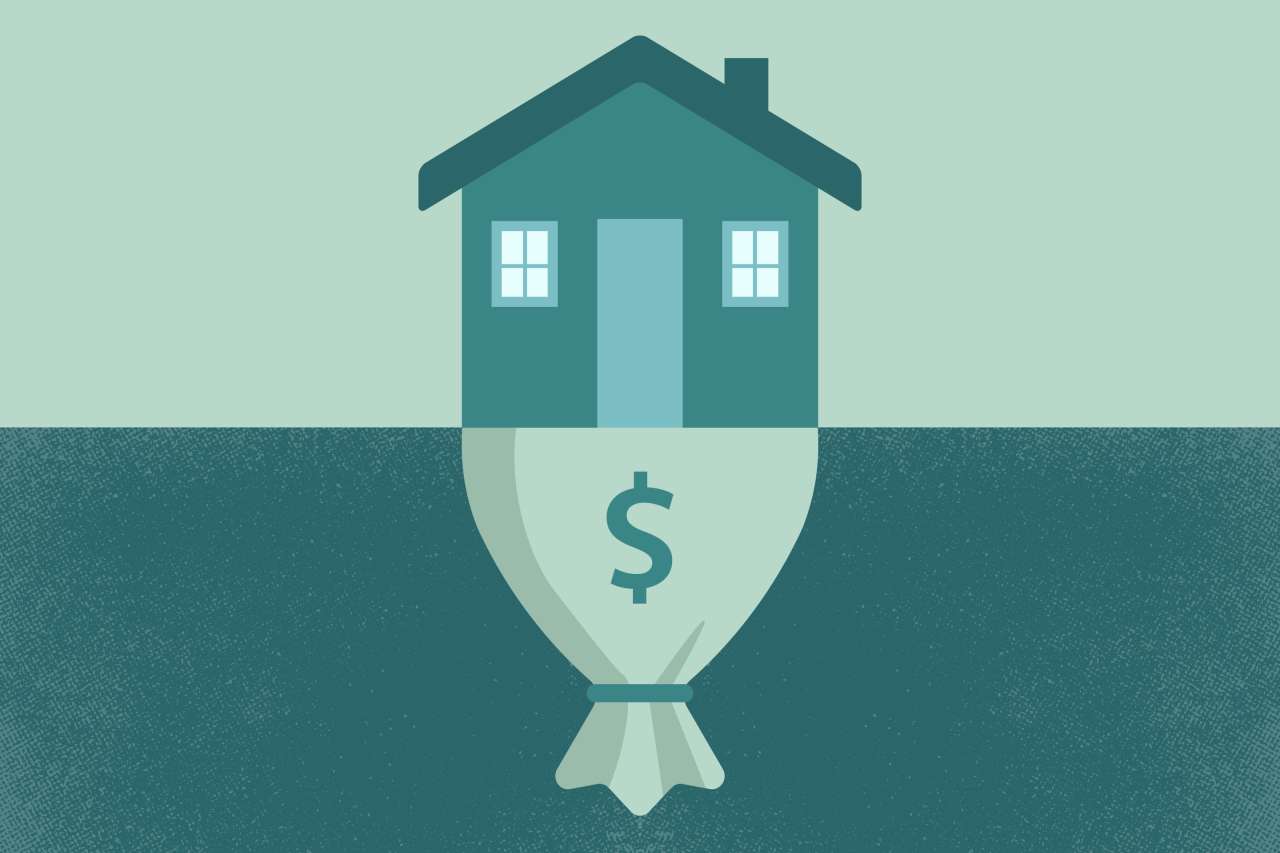The Marquee Loop: Cash Out refinancing
Cash-out refinancing is a financial option available to homeowners who want to tap into the equity they have built in their home. It involves refinancing an existing mortgage for an amount greater than the remaining balance and receiving the difference in cash. Here’s how cash-out refinancing works:
- Equity Assessment: Before considering cash-out refinancing, you’ll need to determine the amount of equity you have in your home. Equity is the difference between the current market value of your home and the remaining balance on your mortgage.
- Loan Application: To pursue cash-out refinancing, you’ll need to apply for a new mortgage loan. The lender will evaluate your creditworthiness, income, employment history, and other relevant factors to determine your eligibility.
- Appraisal and Loan Approval: As part of the process, the lender will likely require an appraisal of your home to determine its current market value. If the appraisal aligns with the desired loan amount, and you meet the lender’s criteria, the loan will be approved.
- Loan Terms: Cash-out refinancing replaces your existing mortgage with a new loan that has different terms. This includes a new interest rate, loan duration, and monthly payment. The loan amount will include the remaining balance on your original mortgage plus the desired cash-out amount.
- Cash Disbursement: Once the new loan is approved and the refinancing process is complete, you’ll receive the cash difference between the new loan amount and the remaining balance on your original mortgage. This cash can be used for various purposes, such as home renovations, debt consolidation, educational expenses, or other financial needs.
- Repayment: With the new cash-out refinance loan, you’ll make regular monthly payments based on the new terms. It’s important to carefully consider the impact of the larger loan balance and any changes in interest rate or repayment period on your long-term financial situation.
It’s worth noting that cash-out refinancing involves closing costs, which can include application fees, appraisal fees, title search fees, and other associated expenses. It’s essential to evaluate whether the benefits of accessing cash from your home equity outweigh these costs and align with your financial goals.
Consulting with a mortgage professional or financial advisor can provide valuable insights into whether cash-out refinancing is a suitable option for your specific circumstances and help you make an informed decision.


